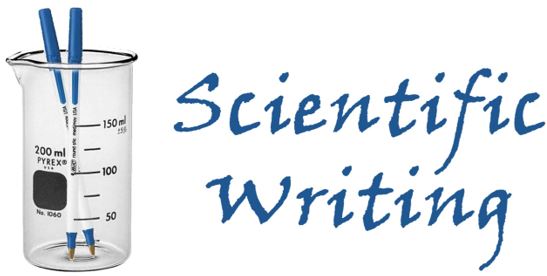
Scientific writing demands some level of finesse and skills. Professors expect their students to show evidence of careful research and argumentation. These assignments are used by professors to gauge progress in instruction and design lessons. However, scientific writing is notoriously complicated. Students should adhere to specific formatting. So, do you find scientific writing complicated? If so, then this is the right article for you. Here, we outline the most important tips for successful scientific papers.
What Is Scientific Writing? Important Characteristics
Science is renowned for its strict adherence to verifiable methodology. Some principles guide writing in this area, and which you will be expected to follow for your assignment. In essence, scientific writing is the technical approach used by scientists to communicate with each other. Depending on the genre of your assignment, certain aspects of writing may change considerably. For instance, there may be variations according to the organization, audience, and purpose.
There are also variations across the genres, even though the differences are minimal. For instance, the format and style used in a research proposal will differ considerably from the approach used when creating a lab report.
Here are some notable hallmarks that denote professional, scientific writing:
-
The Main Audience Is Other Scientists
In most cases, when writing a scientific paper, you have to consider your audience. When writing for scientists, for instance, you won’t need details and definitions intended for general audiences and students. You are expected to assume that your audience is already familiar with the explanations. You will also not need to explain general knowledge concepts and basic procedures. Remember, your goal should be to use language as economically as possible, while remaining clear.
-
The Writing Is Concise and Precise
Precision is the hallmark of effective scientific writing. Your professor will expect you to communicate the evidence clearly and concisely. Wordiness is likely to cost you some points. Avoid ambiguous and flowery prose.
-
The Writing Should Be Set Within Scientific Context
Your paper cannot be considered scientific if your points and arguments are not placed within the context of published work in your field. The scientific method is inherently reliant on evidence. After all, science builds on established knowledge and corrects over time. As such, your writing has to be situated within and reference past findings. These have to be from reliable and peer-reviewed sources. The context of reviewed literature should serve as motivation for future work, while also showing points of departure with your work.
Useful Tips for Effective Scientific Writing

Although scientific writing remains a critical step in the scientific process, it is seldom taught in schools. Even when such skills are taught, they often come secondary to scientific concepts. Professors focus on experiments, forgetting the important process of creating quality reports. Even then, students are still expected to get exceptional papers for all their projects.
Don’t panic if you find scientific writing difficult and arduous. Although you could buy your paper from an online essay writing service, there are tips you can follow to create quality texts. Here are some steps to get you started:
-
Plan Well and Brainstorm
Scientific writing is a process that can be daunting, and you may be tempted to procrastinate. If you leave it until too late, you may end up rushing to get through arguments and producing an incoherent paper. In other words, the process of creating a scientific paper should start well before the drafting stage. Start by noting everything you already know about the subject, before researching how your work fits in the context of existing literature.
This is the secret to creating a compelling and coherent narrative. The points you note down during the brainstorming will form the basis of your outline.
-
Conduct Research and Take Good Notes
As has been indicated, science builds on established evidence. As such, you have to research how your current work fits in the context of other studies. This not only helps you to familiarize yourself with the topic but can also offer motivation for your work. Research is also a useful way to identify gaps in the evidence that could benefit from further analysis. Take note of the style and structure and style that other scientists have used for their research reports.
-
Understand Your Audience and Write Appropriately
The audience is an important element when writing scientific papers. To write effectively, you ought to identify your audience and decide the approach you will take for the writing. A dispassionate approach to scientific writing is not always ideal. The objective is not explaining what you did and why, but rather to make your audience understand your research. Start writing as soon as possible.
These are just a few tips to get you started towards creating a stellar scientific paper. Remember, effective writing is a skill that is improved over time. Keep practicing and read widely. Also, always edit and proofread your papers before submitting them.
Interesting related article: “R&D spending in America.”

